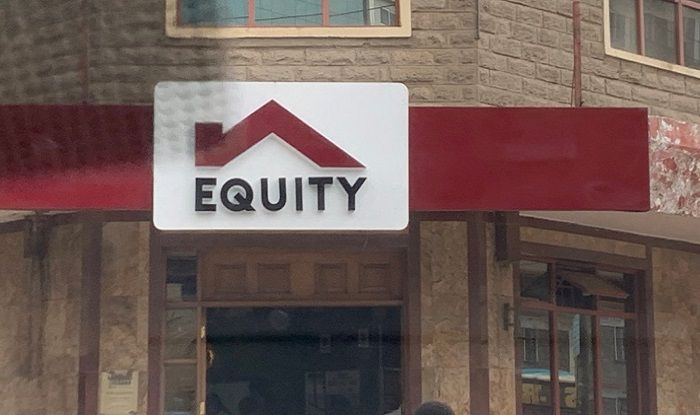First Global Initiative Focused on Refugee Financial Inclusion
In a pioneering move, the International Finance Corporation (IFC) has announced a $20 million risk-sharing facility for Equity Bank Kenya, marking the first such initiative globally aimed at enhancing financial inclusion for refugees and their host communities. This landmark facility will support individuals and small businesses in Kenya’s underserved regions, particularly in Turkana and Garissa, where hundreds of thousands of displaced people have sought refuge from conflicts across Africa.
Supporting Refugees and Host Communities in Kenya
The risk-sharing facility is a significant step toward providing financial services to one of the world’s most marginalized groups. IFC will absorb 50% of the risk exposure ($10 million) to help increase access to finance for refugee-owned businesses and host community entrepreneurs. This initiative is expected to improve financial inclusion in Kenya’s refugee hosting regions, including Kakuma, Kalobeyei, and Dadaab camps, where economic opportunities are often limited.
A Model for Africa’s Refugee Crisis
This innovative project is designed to serve as a model for other African countries that host large refugee populations. Africa is home to nearly 30 million displaced persons, refugees, and asylum seekers—making up almost one-third of the global refugee population. By focusing on the financial needs of refugees and their host communities, this project aims to unlock economic potential and empower vulnerable populations to improve their livelihoods.
The Role of the PROSPECTS Partnership
This initiative is the first to receive support from the Partnership for Improving Prospects for Forcibly Displaced Persons and Host Communities (PROSPECTS), a global partnership aimed at improving access to education, social protection, and employment for refugees and their host communities. PROSPECTS has committed $4 million toward the facility, demonstrating its dedication to fostering sustainable solutions for displaced populations.
Equity Bank’s Commitment to Social Transformation
Dr. James Mwangi, CEO of Equity Group, emphasized the alignment of this initiative with Equity Bank’s broader mission of socioeconomic transformation. “Our collaboration with IFC supports the financial empowerment of refugees, their host communities, and vulnerable populations residing in Arid and Semi-Arid Lands (ASAL). This partnership will allow us to scale up our social impact efforts in Turkana, Garissa, and other regions,” Mwangi said. Equity Bank aims to use this facility to scale its refugee-focused initiatives across East and Central Africa.
Private Sector’s Role in Supporting Vulnerable Populations
Sérgio Pimenta, IFC’s Vice President for Africa, highlighted the importance of private sector involvement in supporting refugee populations. “This partnership with Equity Bank Kenya demonstrates how private sector resources can make a significant impact by providing vulnerable groups, such as refugees, with the tools they need to improve their lives and strengthen their communities,” Pimenta stated.
Empowering Women Entrepreneurs
In addition to refugee-focused initiatives, the Women Entrepreneurs Finance Initiative (WE-FI) is also supporting the Equity Bank facility. Launched in 2023, WE-FI aims to enhance funding for women-led micro, small, and medium-sized enterprises (MSMEs). This initiative includes a 40% first loss guarantee and performance-based incentives to encourage more financing for women entrepreneurs, helping drive gender equality in access to capital.
Comprehensive Advisory Support for Financial Inclusion
To ensure the success of this initiative, IFC will also provide advisory services to enhance Equity Bank’s capacity in offering microloans and non-financial services tailored to the unique needs of refugee-owned businesses and women entrepreneurs. This holistic approach ensures that the facility not only provides financial resources but also strengthens the overall ecosystem for underserved communities.




